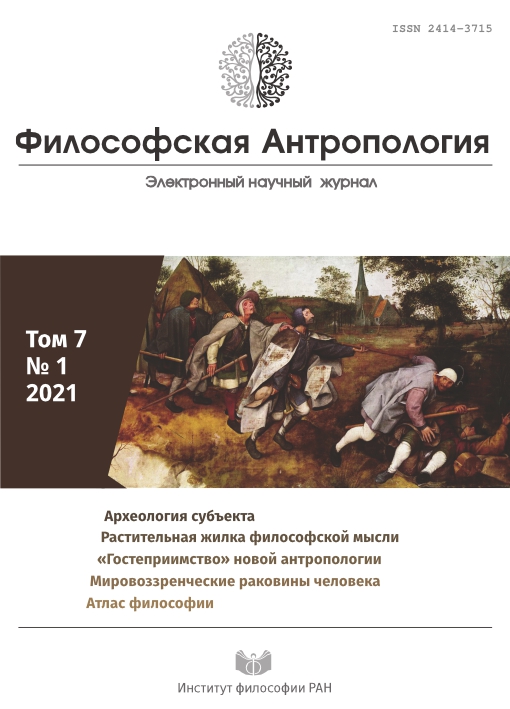Realistic Theory of Classical Analysis and Synthesis
DOI:
https://doi.org/10.21146/2414-3715-2021-7-1-185-204Keywords:
realism, anti-realism, classical analysis, classical synthesis, interpretive analysis, regressive analysis, geometric analysis, practical analysis, practical synthesis, propertyAbstract
The article shows that all modern theories of analysis and synthesis, on one basis, are divided into classical and non-classical, and on the other, into realistic and anti-realistic. A realistic version of the classical theory, according to which analysis is a real or mental decomposition of the phenomena of the objective and subjective world into components, and synthesis is a real or mental combination of these components into a whole, is considered. The naive understanding of analysis, which includes in its task the cognition of the components of the object under study, and those relations that form it from these components, has been criticized. It is shown that the cognition of such relations is a task of synthesis. The history of the study of the problem of mental synthesis from Plato to modern nominalism is considered. Mental analysis and synthesis are compared with practical ones. Two stages of the history of practical analysis and synthesis are investigated — pre-scientific and scientific. The theories of analysis and synthesis, formed at these stages, are compared.

